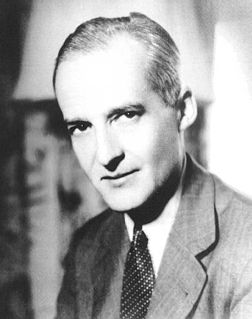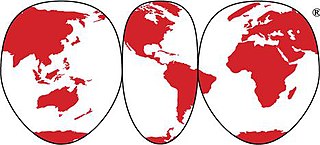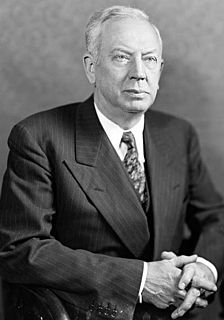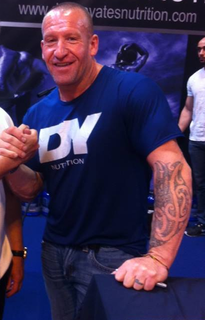A Quote by Luis Federico Leloir
After returning from Cambridge in 1936, I did some work with J. M. Mioz on the oxidation of fatty acids in liver.
Related Quotes
You can cruise the world's millions of omega-3 Web sites without encountering any reflections about where these prized fatty acids are coming from and at what social or environmental cost. For some people, what goes into their bodies has become an overriding obsession. Perhaps we are witnessing a successor to the Me Generation--namely, the Don't Care About the Rest of the World as Long as I Have a Spa and Some Omega-3 Fatty Acids Generation. Let's call it the Omega-3 Generation for short. Or is that thought just too depressing?
Numerous studies have clearly demonstrated that coconut oil has a neutral effect on cholesterol levels. The reason coconut oil does not adversely affect cholesterol is because it is composed primarily of medium-chain fatty acids (MCFA). These fatty acids are different from those commonly found in other food sources and are burned almost immediately for energy production, and so they are not converted into body fat or cholesterol to the degree other fats are and do not affect blood cholesterol levels.
Supplements are very important, especially a multiple vitamin. The American Medical Association now says we should take one. And fish oil because it has omega 3 fatty acids and they have been found to lower depression, dementia, ADD, and people who kill themselves. So fish oil supplements; I have been taking them for years, I actually scanned my brain before and after and it's better.
When we think about living donor transplant, what we're banking on is the ability of the liver to regenerate itself. Now, it's not the same sort of regeneration we think about with the starfish where we cut off the arm and it grows a new arm. With the liver, what happens is the remaining liver gets bigger, and your body knows the size of the liver that it needs, and when it recognizes that there is not enough liver, it sends nutrients and signals to the liver and says "get bigger."




































